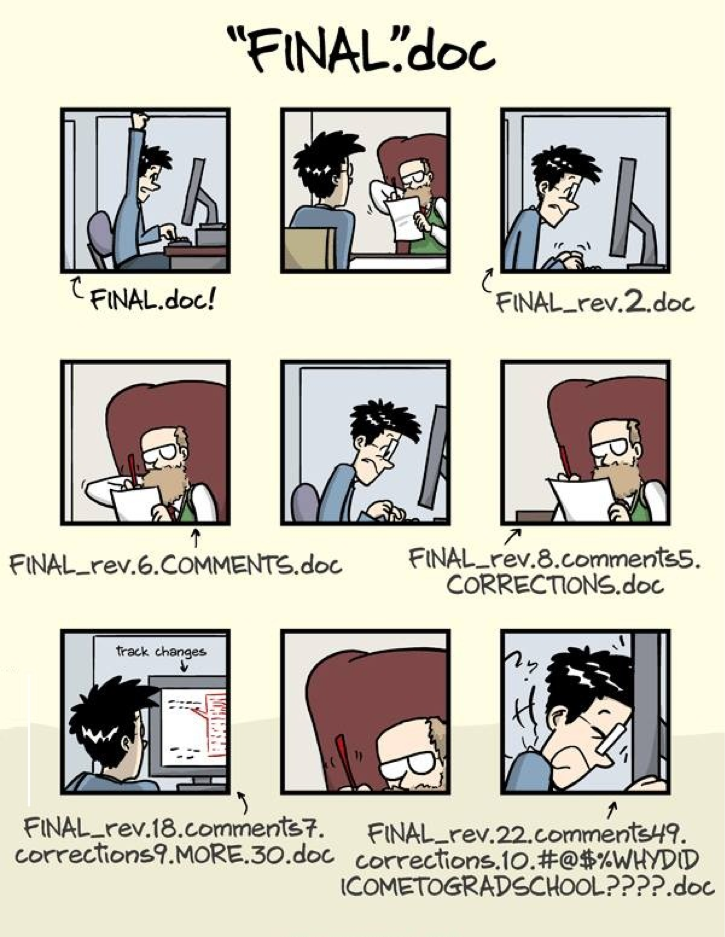
If you are about to finish your undergraduate degree, you might be wondering if you should go to grad school or not. Some jobs require you to get an advanced degree while other might prefer more work experience. Sometimes the company of your dreams might want a blend of both, so what should you do?
“…Might as well go to grad school”
Before we get into ‘whether you should consider Grad school’, let me tell you this much, all those jokes you heard about “I don’t know what to do next, might as well go to grad school” are nothing but jokes.
Grad schools are considerable investments of your time, energy, and resources, they are not daycare centres for the dazed and confused. You should consider Grad school, if you are interested in higher academics. By this I do not mean, you should go to grad school only if you have straight As in every subject you have ever taken. You can consider Grad programs even if you have just the cut-off GPA. But if you do not like school work in its essence, Grad school might not be the best choice for you. So, how do you know that Grad school is the next step in your career?
When You Have a Specialized Career in Mind
If you have a specific career in mind which demands advanced degrees, like that of a lawyer, university professor, and doctors, then the need for a graduate degree is pretty evident. Look up the industry standards for the kind of career you have in mind. Do most job requirements in the line of your choice want higher academic qualifications than an undergrad degree? Do professionals in the field emphasize on higher degrees when talking about recruitment approaches? If yes, then a graduate program is an evident next-step.
When You are Unsure of Your Career Path
Undergrad programs take four years to complete. Four years sound like a long time, but with the plethora of programs and courses available, it can prove too short to find out what you really like to do.
In such cases, grad school can prove as a possible alternative to extend your time in school, experiment with more courses, and get a better idea about your academic and professional likes and dislikes. Certain programs also have co-op, practicums, TA, and RA positions tied with it, which allows students to get practical experience in the subjects they are pursuing.
Additionally, Co-ops, TA and RA positions, along with Master’s project and thesis can help you get valuable professional experience while staying in-school. There are many jobs where an advanced degree or work experience alone cannot give you the leg up. Grad school programs with course-related work experience can lend you a competitive edge.

Self-Awareness
Like I mentioned before, you should only get into Grad school when you like academics. Or at least have a moderate liking for in-school learning. Think of graduate courses like a full-time job. It’s intensive and will demand a significant chunk of your time on a day to day basis. Also, most advanced courses require you to read and write considerably. Also, writing is rarely a one-time process. As a Grad student I can tell you that drafts are an integral part of our lives. A single paper can take months to be completed. The more important the paper, the more feedback you might have to get and revisions, you will have to make. So, if you are someone who hates writing and re-working on a school paper, you might want to rethink your approach to higher education.
However, if you don’t intrinsically hate academic work, rather want to work on it, grad schools are great practice zones. Furthermore, you can get ample one on one guidance from your supervisor, TA, and course professors too.
Take a Break to Decide
If you are still unsure about grad school, or which grad program you should apply to, I can tell you from experience that it can also be useful to take a break from academics, try out a few things, and then come back to it when you are sure.
Personally, I had taken a break from academics for 5yrs and dabbled in a few different professions. This helped me realize that I enjoyed research and wanted to go back to academics. Right now, I am completing my Master’s in Political Science with a focus on comparative politics. As I plan to continue with research and consider professorship as a probable career path, grad school was a clear choice for me. In fact, I developed my focus in the discipline, once I started the program and had a conversation with my supervisor about my academic interests. So, grad school is a constantly evolving and learning experience. But I joined it once I was sure that it would take me forward in my career, and that it was something I was interested in.
So take your time and decide what is right for you based on what you want.














